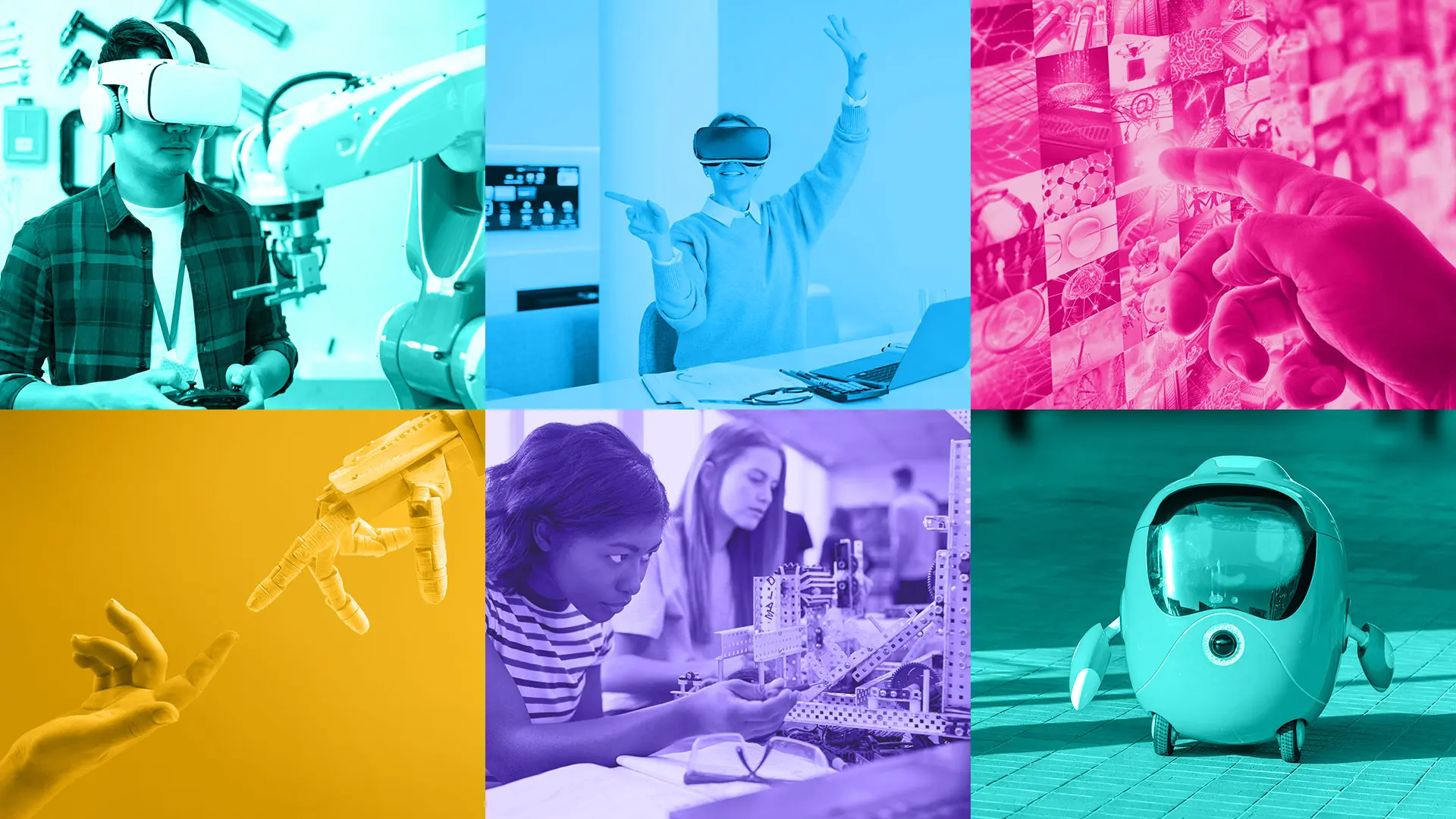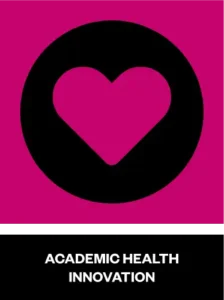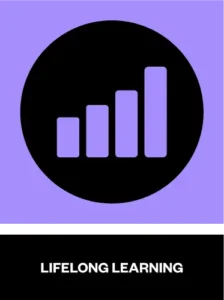Thematic Lines and Sub-themes

The contributions must be based on one of the following 5 thematic lines:






The current and emerging trends in the field of education, which include changes in teaching methods, the use of technology in the classroom, the incorporation of socio-emotional skills in education, among other aspects. These are the sub-themes:
- Innovative Learning Spaces
- Inverted Classroom
- Gamification
- Competency-Based Learning
- Hybrid Learning
- Flexible and Personalized Learning
- Experiential Learning
- Active Learning
- Challenge-based learning
- Connectivism and Social Learning
- Constructive assessment of learning
- The new curriculum
- Open access (practices, resources, repositories)
- Mobile learning
- Multidisciplinarity
- Makers’ movement

Area of study that focuses on the application of technological tools to improve the quality of education and the teaching-learning process. This area can encompass a variety of technologies, from simple digital tools to complex online learning management systems. These are the sub-themes:
- Adaptive Learning
- Ubiquitous Learning
- Virtual Reality
- Augmented Reality
- Massive Open Online Courses (MOOC)
- Learning Analytics
- Wearable Technologies
- Emerging Technologies
- Collaborative Social Networks
- Mobile Learning
- Bring Your Own Device (BYOD)

It refers to the implementation of new ideas and practices in education and research in the field of health, with the aim of improving the quality of training and healthcare. These are the sub-themes:
- Interdisciplinary Medical Learning
- Humanism in Medicine
- Technology in Medical Education
- Patient-Centered Learning
- Clinical Cases
- Inverted Classroom
- Tools for the Development of Clinical Judgment

The management of educational innovation is crucial to evaluate its progress, benefits, and necessary resources, as well as to have the right human talent to carry out this innovation. These are the sub-themes:
- Educational Innovation Indicators
- New Models of Educational Institutions
- Process Transformation
- Training and Development Models
- Innovation Methodologies
- Innovation Processes in Institutions
- Challenges of Change and Current Complexity
- Internationalization
- Copyright and Intellectual Property Rights
- Resources for Innovation
- Procedures to Work With Digital Addictions and their Prevention
- Personal and Academic Resilience
- Approach to Bullying and Cyberbullying
- Tutorial Models

Topics that address the acquisition of knowledge, skills, and competencies throughout a person’s life with the main goal of staying up-to-date and acquiring new skills to improve employability and professional development. These are the sub-themes:
- Competencies and Skills required in the Future
- New Trends and Models in Continuing Education
- Impact on New Technologies in Continuing Education
- Alternative Credentials
- Industry-University Collaboration
- Self-Learning
- Implications of the Digital Generation in Education throughout Life



